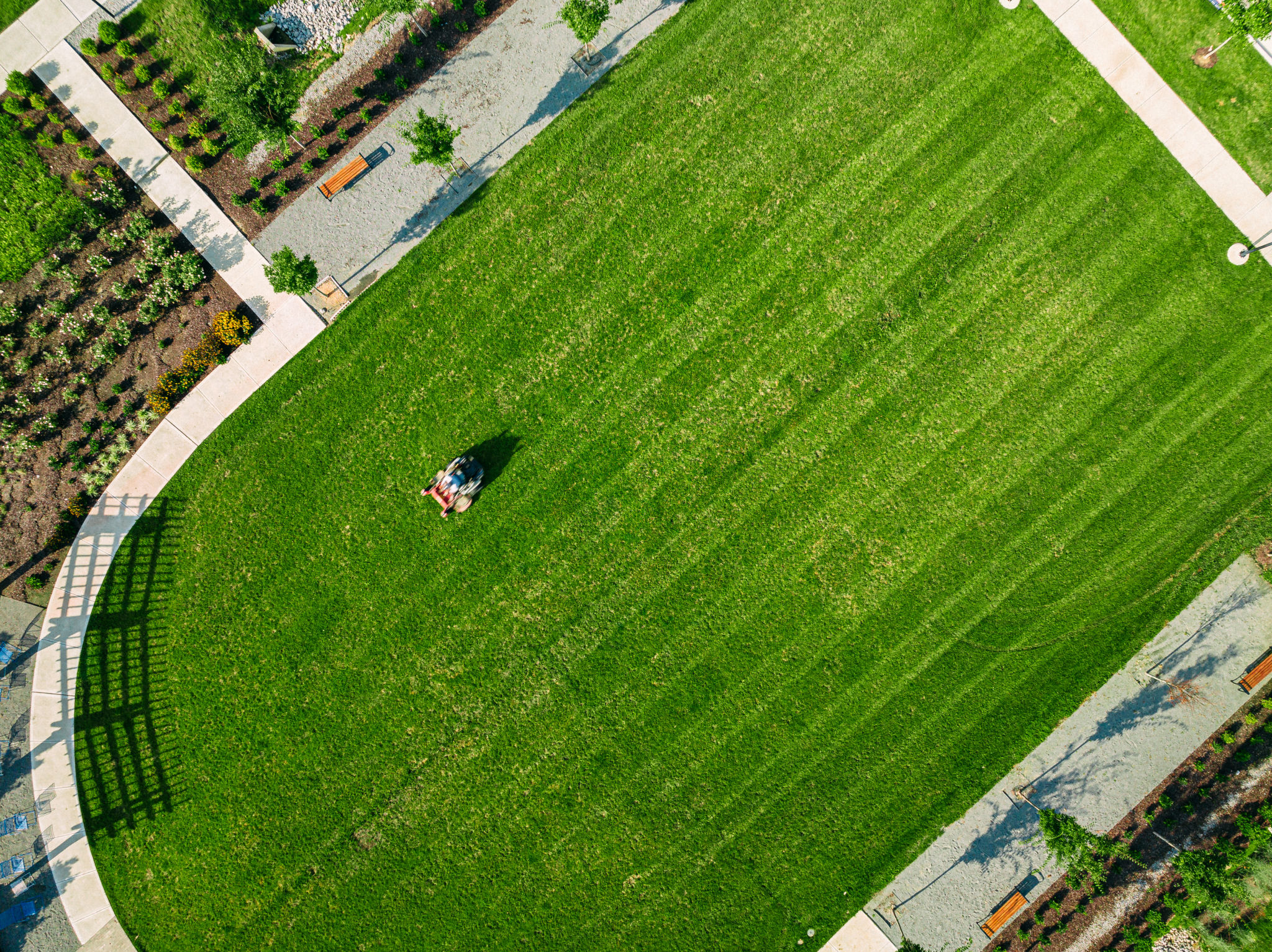Debunking Lawn Care Myths: What Really Works in Florida
Introduction to Florida Lawn Care Myths
Florida's unique climate poses distinct challenges for lawn care, often leading to misconceptions about what truly works. Homeowners sometimes follow outdated advice, leading to wasted efforts and resources. In this post, we'll debunk some common lawn care myths specific to Florida, helping you maintain a lush, healthy yard.
Myth: Watering in the Afternoon is Best
Many believe that watering lawns in the afternoon is optimal, thinking it gives the grass time to absorb water before sunset. However, this practice can lead to water loss through evaporation. Instead, it's best to water your lawn early in the morning when temperatures are cooler and winds are calm, ensuring that the water penetrates deeply into the soil.

Myth: Fertilizing More Means Healthier Grass
It's a common misconception that frequent fertilization results in a healthier lawn. Over-fertilizing can actually harm your grass, leading to burned lawns and increased vulnerability to pests and diseases. In Florida, it's crucial to follow a balanced fertilization schedule based on the specific needs of your soil and grass type.
Myth: Grass Clippings Cause Thatch
Some homeowners bag their grass clippings to prevent thatch buildup, believing clippings contribute to this issue. In reality, grass clippings decompose quickly and do not cause thatch. Leaving them on the lawn can provide additional nutrients as they break down, which is beneficial for your grass.

Myth: All Weeds Should Be Removed Manually
The belief that all weeds must be pulled manually is another myth. While hand-pulling can be effective for small areas, it isn't practical for larger lawns. Using targeted herbicides designed for Florida's diverse weed population can be more efficient and less labor-intensive, ensuring a weed-free lawn without excessive effort.
Myth: Mowing Shorter is Better
Many assume that mowing grass shorter means less frequent mowing is required. However, cutting your grass too short stresses the lawn and makes it more susceptible to weeds and drought. The ideal length varies by grass type, but generally, maintaining a height of about 2.5 to 4 inches is recommended for most Florida grasses.

Conclusion: Embrace Proven Techniques
Understanding and debunking these lawn care myths can significantly enhance the health of your Florida lawn. By adopting scientifically-backed methods such as morning watering, balanced fertilization, leaving clippings on the lawn, using targeted herbicides, and maintaining proper mowing heights, you can achieve a thriving yard. Remember that adapting your approach based on local conditions is key to success.
With these insights, you're well-equipped to cultivate a beautiful and resilient lawn that flourishes in Florida's unique climate.